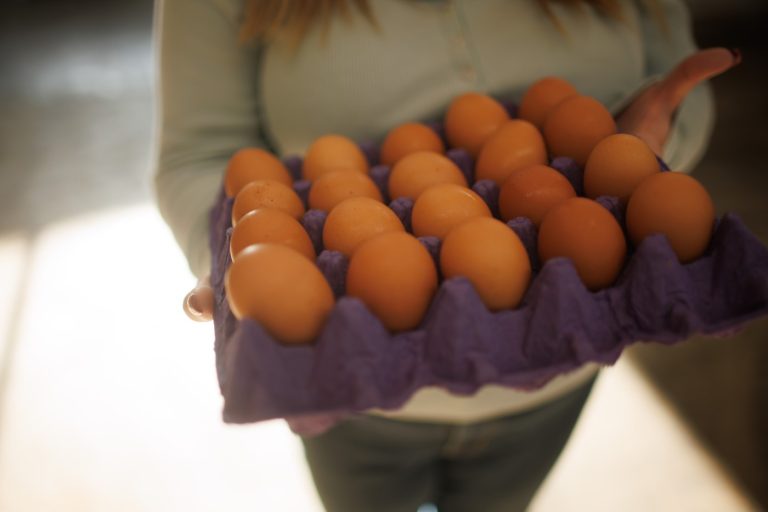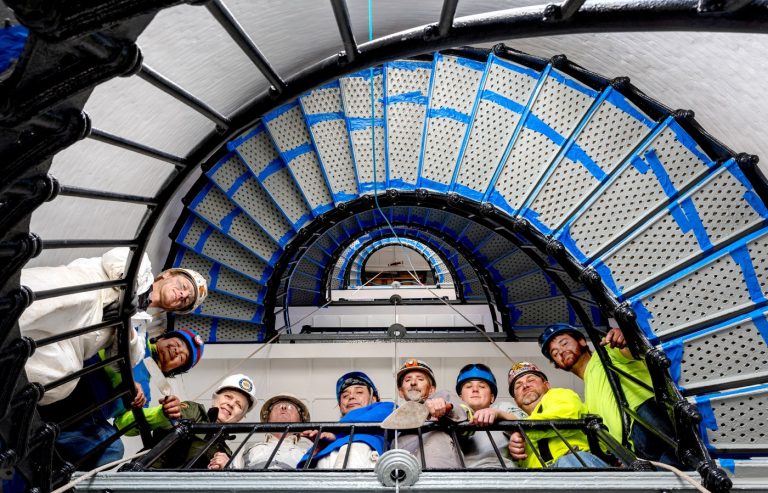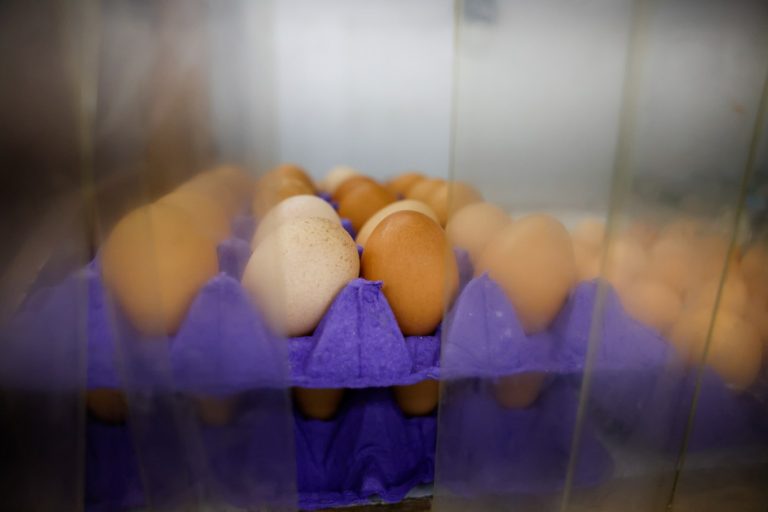Many of us liberals now find ourselves in an awkward spot on immigration.
For years we have denounced draconian steps by Republicans to bar desperate migrants. But President Joe Biden has now introduced his own tough steps to reduce asylum-seekers, not so different from President Donald Trump’s approach.
The new measures may be overturned by the courts, but in the meantime many on the left are whacking Biden. Sen. Alex Padilla, D-Calif., twisted the knife by suggesting that Biden was borrowing from Trump’s playbook: “By reviving Trump’s asylum ban, President Biden has undermined American values.”
Kica Matos, president of the National Immigration Law Center, said, “President Biden’s craven embrace of failed Republican policies is a mistake that will only lead to more harm and dysfunction.”
Stephen Colbert needled the Biden camp by imagining what this will look like in liberal hands: “We’re going to seal the border, folks, but the wall is going to be gluten free, and the barbed wire will be pro-choice.”
I’m conflicted, finding myself caught between pro-refugee instincts and a practical recognition that the system wasn’t working: There was a torrent of illegal crossings, and the law provided a loophole that allowed people to claim asylum and stay indefinitely whether or not they warranted it.
Not a binary issue
I exist only because an Oregon family in 1952 sponsored my dad as a refugee from Eastern Europe. But I’ve reluctantly come to the view that Biden is doing the right thing with his clampdown. Let me explain.
Liberals, me included, were pushed to the left by Trump’s policies on immigration, from the so-called Muslim ban to separation of children from families — conducted so cavalierly that sometimes family members sometimes cannot be located. More than three years after Trump left the White House, about 1,200 immigrant children still have not been reunited with their families, to our shame as a nation.
That said, I don’t think the solution is to swing the doors open.
Too often, we Americans approach immigration as a binary issue. We’re in favor, or we’re against. In fact, immigration should be seen as a dial we adjust.
However much we believe in immigration, we’re not going to welcome all 114 million people around the world who have been forcibly displaced, not to mention perhaps 1 billion children globally who are estimated to suffer some kind of severe deprivation. We must settle for accepting a fraction of those eager to come, and determining that fraction is the political question before us, with many trade-offs to consider.
Immigration overall offers important benefits to the country, and employers and affluent people are particular winners: Immigrants reduce labor costs for people hiring gardeners or caregivers. But poor Americans can find themselves hurt by immigrant competition that puts downward pressure on their wages, although economists disagree on the magnitude of that impact.
I’m influenced in my thinking by a terrific book by my New York Times colleague David Leonhardt, “Ours Was the Shining Future,” which examined many studies on the impact of immigration on wages. Leonhardt concluded that immigration wasn’t the primary reason for income stagnation among low-education workers over the past half-century, but that it nonetheless was a significant secondary factor.
I think of a neighbor of mine, a surly seventh-grade dropout who in the 1970s was earning more than $20 an hour (around $150 an hour today). That job disappeared, and he later ended up in part-time and minimum wage positions and lost his home. He was hurt by many factors — the decline of unions, globalization and the impact of technology — but he was also outcompeted by immigrants with a well-earned reputation for hard work.
It’s often said that native-born Americans aren’t interested in the jobs that immigrants take, but that doesn’t tell the full story. Many native-born Americans may not be willing to toil in the fields or on a construction site for $12 an hour, but perhaps would be for $25 an hour.
At a time when so many working-class Americans are already falling behind, and then self-medicating and dying from drugs, alcohol and suicide, shouldn’t we be careful about inflicting even more pain on them through immigration policy?
An angry public
Relatively recent immigrants may also be hurt by newer immigrants — which may help explain why Pew found that three-quarters of American Latinos believe that the increasing number of people seeking to enter the country via the southern border is a “major problem” or a “crisis.”
Some working-class voters feel betrayed by Democrats who pushed to open borders, and there may be an element of xenophobia or racism in this anger — but also an element of truth. The United States makes it difficult for foreign doctors to practice in America, protecting physicians from competition. But the United States makes it relatively easy for low-skilled immigrants to work here and push down wages of our most vulnerable workers.
I’ve also wondered about the incentives we inadvertently create. In Guatemalan villages, I’ve seen families prepared to send children on the perilous journey to the United States, and I fear that lax immigration policies encourage people to risk their lives and their children’s lives on the journey.
Related Articles
8 people with suspected ties to the Islamic State arrested in California, New York and Pennsylvania
Mexico’s tactic to cut immigration to US? Wear out migrants
H-1B: Feds propose hefty fee hike on thousands of renewals for Silicon Valley’s favorite visa
Elon Musk, America’s richest immigrant, is angry about immigration. Can he influence the election?
Are more Americans moving to Canada because of Trump?
Politics is of course a central reason Biden has acted on this issue, but that doesn’t mean he’s necessarily wrong. Plus, frustration about immigration makes it more likely that Trump will win the White House and that Trump Republicans will dominate Congress and the Supreme Court. That’s something the left should consider a disaster worth trying hard to avert.
One way or another, an angry public will force change on immigration. Ideally, this would come about through a comprehensive legislative fix to our broken system, but Trump and Republicans have blocked that path this year. Given the choices, I trust Biden more than Trump to adopt tougher policies that are still sane and that don’t demonize refugees.
Are we, the people of an immigrant nation, pulling up the ladder after we have boarded? Yes, to some degree. But the reality is that we can’t absorb everyone who wants in, and it’s better that the ladder be raised in an orderly way by reasonable people.
So, even as the son of a refugee, I think on balance that Biden made the right call in curbing access to asylum.
Nicholas Kristof is a New York Times columnist.












